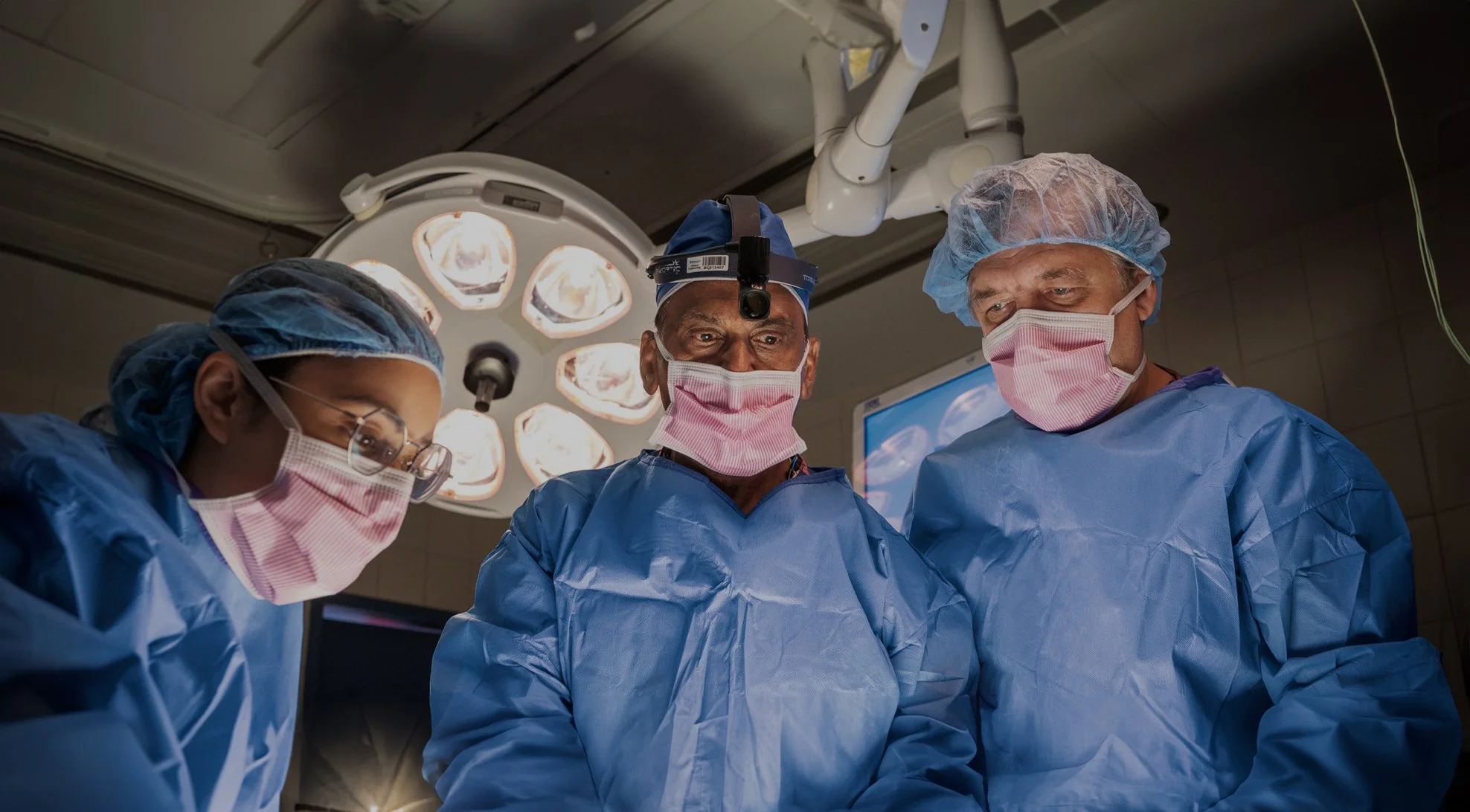
NYC Neurosurgeon | Expert Trigeminal Neuralgia & Skull Base Tumor Treatment
About Dr. Ramesh Babu
"I have been trained in three continents by world renowned surgeons and I manage patients both conservatively and surgically if necessary. Not all patients need surgery and it is my practice to explain all possible options. I am here to help when other doctors failed to diagnose and treat. I also do not restrict my patient population on insurance basis and no one is turned away with out proper advice and treatment."
Dr. Ramesh P. Babu is a leading neurosurgeon in New York City, specializing in trigeminal neuralgia, facial pain, and skull base tumors. With decades of experience, he is known for combining compassionate, patient-centered care with advanced surgical expertise to help individuals find lasting relief from some of the most challenging neurological conditions.
Dr. Babu received his M.Ch in Neurosurgery from the National Institute of Mental Health and Neurosciences (NIMHANS) in Bangalore, India, one of the most prestigious training programs in Asia. He then completed a second neurosurgery residency at NYU Medical Center in New York under the mentorship of Dr. Joseph Ransohoff.
Following residency, he pursued advanced fellowship training in microvascular and skull base surgery at the University of Pittsburgh Medical Center (UPMC) under the world-renowned neurosurgeons Dr. Peter Jannetta and Dr. Laligam Sekhar. He also expanded his expertise internationally, training at the Nordstadt Clinic in Hannover, Germany, under Professor Majid Samii, and at the National Hospital for Neurology and Neurosurgery in Queen Square, London (NHNN).
Dr. Babu has treated thousands of patients with both typical and atypical facial pain, and is recognized for his expertise in microvascular decompression, percutaneous rhizotomy, and skull base tumor surgery. He currently serves as Director of Neurosurgery at BronxCare Health System, is affiliated with Lenox Hill Hospital, and sits on the Medical Advisory Board of the Facial Pain Association (FPA), where he also previously served on the Board of Directors.
Education & Training
M.D. – Andhra Medical College, NTR University of Health Sciences (India)
M.Ch in Neurosurgery – National Institute of Mental Health and Neurosciences (NIMHANS), Bangalore, India
Neurosurgery Residency – NYU Medical Center, New York, under Dr. Joseph Ransohoff
Fellowship in Microvascular & Skull Base Surgery – University of Pittsburgh Medical Center (UPMC), mentored by Dr. Peter Jannetta and Dr. Laligam Sekhar
Advanced Training in Skull Base Surgery – Nordstadt Clinic, Hannover, Germany under Prof. Majid Samii; and National Hospital for Neurology and Neurosurgery, Queen Square, London
Professional Experience
Director of Neurosurgery, BronxCare Health System, New York
Attending Neurosurgeon, Lenox Hill Hospital (Northwell Health), NYC
Affiliated Neurosurgeon, NYC Health + Hospitals / South Brooklyn Health
Medical Advisory Board Member, Facial Pain Association (FPA)
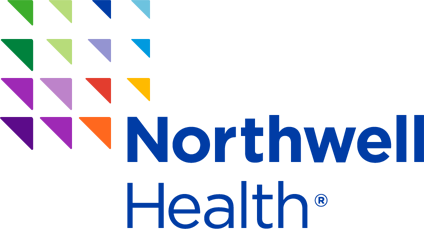
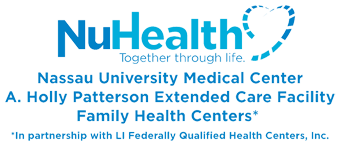
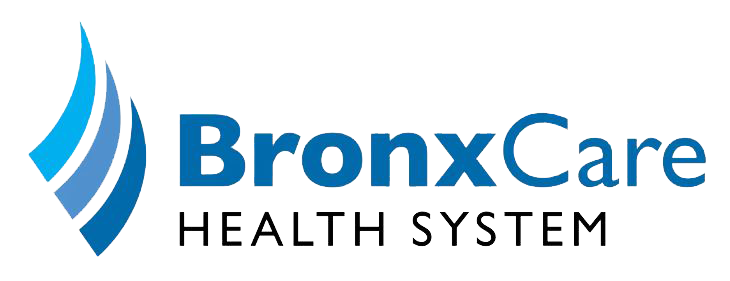



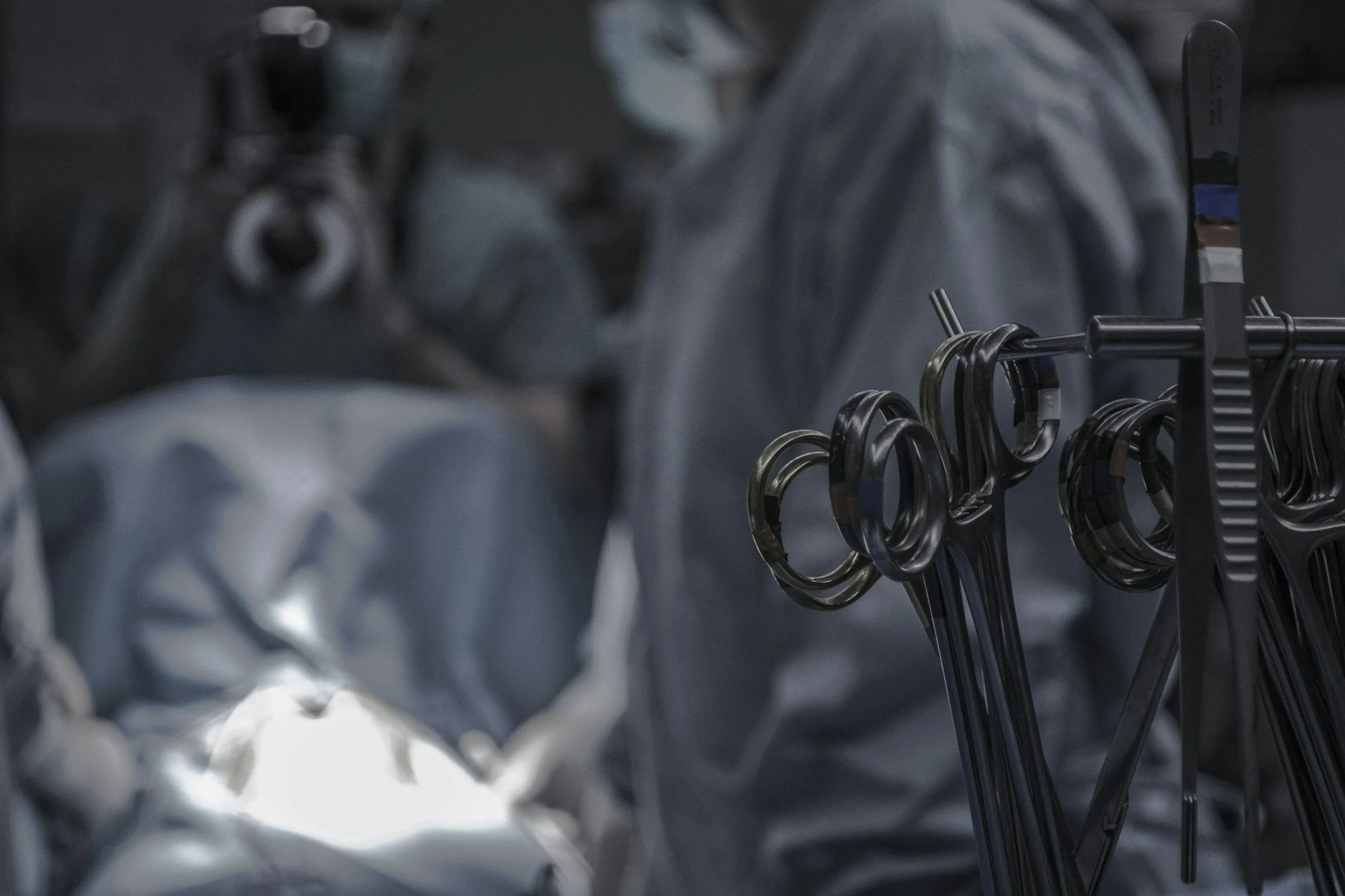
Trigeminal Neuralgia
Living with sudden, stabbing facial pain can feel overwhelming.
Sometimes called tic douloureux, Trigeminal Neuralgia is a chronic nerve condition that causes intense, electric shock–like pain on one side of the face. Even simple actions like eating, speaking, or brushing your teeth can trigger severe discomfort.
Causes of Trigeminal Neuralgia:
The exact cause of trigeminal neuralgia is often unclear. However, several factors may contribute to its development, including:
Compression of the trigeminal nerve by blood vessels or tumors
Multiple sclerosis, which can damage the protective coating of the nerve
Aging, as the risk of trigeminal neuralgia increases with age
Symptoms of Trigeminal Neuralgia:
Sudden, stabbing pain in the face, typically on one side
Pain triggered by activities such as eating, talking, or touching the face
Episodes of pain that can last from a few seconds to several minutes
Intervals of relief between episodes, followed by recurrent flare-ups
Services
-
The first step in treating trigeminal neuralgia is a careful and accurate diagnosis. Because facial pain can come from many different causes, Dr. Babu begins with a detailed history, physical exam, and advanced imaging such as MRI to rule out other conditions or identify compression of the trigeminal nerve.
Many patients respond well to medications that calm abnormal nerve firing. The most common first-line treatment is carbamazepine or oxcarbazepine, which have proven effectiveness in reducing facial pain. Other medications, such as gabapentin, pregabalin, lamotrigine, or baclofen, may be considered if first-line drugs are not effective or tolerated.
Dr. Babu closely monitors each patient’s progress, adjusting treatment to balance pain relief with safety. For patients who do not find lasting relief from medication alone, other treatment options may be recommended.
-
When medications no longer provide enough relief, minimally invasive procedures can target the trigeminal nerve directly without the need for open brain surgery.
One common option is radiofrequency rhizotomy, where a thin needle is guided to the trigeminal nerve and heat is used to disrupt pain signals. This can provide significant relief, often immediately, with a short recovery time. Other minimally invasive techniques include balloon compression and glycerol rhizotomy, which work in different ways to quiet nerve activity.
Another non-surgical option is stereotactic radiosurgery (Gamma Knife), which delivers a precise dose of radiation to the trigeminal nerve root. This outpatient procedure does not require an incision and can reduce or eliminate pain over several weeks to months, with very low risk of complications.
These procedures are especially helpful for patients who are not candidates for major surgery or who prefer less invasive approaches.
-
For patients seeking the most durable, long-term solution to trigeminal neuralgia, microvascular decompression (MVD) is considered the gold standard.
This advanced surgery involves gently moving blood vessels that are pressing against the trigeminal nerve and placing a soft cushion between the vessel and the nerve. By relieving this pressure, MVD addresses the root cause of trigeminal neuralgia in many patients.
MVD has the highest long-term success rate: studies show that more than 90% of patients experience immediate pain relief, and a significant number remain pain-free for many years. Unlike destructive procedures, MVD preserves normal nerve function, meaning patients are less likely to experience numbness after surgery.
Dr. Babu trained under Dr. Peter Jannetta, the pioneer of this surgery, and brings decades of specialized experience performing MVD for both typical and atypical facial pain.
-
Trigeminal neuralgia is not just a medical condition—it impacts every part of a patient’s life. Dr. Babu’s philosophy of care is rooted in empathy, expertise, and innovation. He works closely with each patient to explore non-invasive solutions first, reserving surgery only when necessary.
In addition to medical and surgical options, his care may include lifestyle guidance, trigger management strategies, and connection to support resources such as the Facial Pain Association. For patients who cannot travel due to health or financial hardship, Dr. Babu offers free phone and email consultations, ensuring that everyone has access to expert guidance.
This whole-patient approach ensures that every individual receives a treatment plan tailored to their needs—with the goal of restoring quality of life and freedom from pain.
At the practice of Dr. Ramesh P. Babu, a leading NYC neurosurgeon, patients receive expert, compassionate care for trigeminal neuralgia and related facial pain conditions. With decades of experience and advanced training under pioneers in the field, Dr. Babu is known for helping patients find relief, even when other treatments have failed.

Skull Base Tumors
Living with sudden, stabbing facial pain can feel overwhelming.
Skull base tumors are growths that develop in the complex area at the base of the brain, near critical nerves and blood vessels. These tumors can be benign or malignant, and while some grow slowly, others may press on vital structures, causing symptoms such as headaches, vision problems, hearing loss, or facial numbness.
Common symptoms of skull base tumors may include:
Headaches that are persistent or worsening
Vision problems, such as double vision, blurred vision, or vision loss
Hearing loss, ringing in the ear (tinnitus), or balance difficulties
Facial numbness, tingling, or weakness
Difficulty with speech, swallowing, or facial movement
Hormonal changes (for pituitary tumors), which may affect energy, growth, fertility, or metabolism
Seizures or unexplained neurological changes
It’s important to remember that these symptoms can overlap with other conditions, so not every patient with headaches or vision changes has a skull base tumor. If symptoms are persistent or worsening, it’s best to seek evaluation from an experienced NYC neurosurgeon like Dr. Ramesh Babu, who specializes in diagnosing and treating skull base tumors with precision and care.
Services
-
The pituitary gland sits at the base of the brain and regulates many of the body’s hormones. When tumors develop here, they may cause headaches, vision changes, or hormone imbalances that affect energy, growth, fertility, and metabolism.
Dr. Babu specializes in endoscopic transsphenoidal surgery, a minimally invasive approach performed through the nasal passages, which allows many pituitary tumors to be removed without a visible incision. Treatment is carefully personalized, and some patients may also require medications or radiation therapy to fully manage the tumor.
-
Meningiomas are among the most common brain tumors. While often benign, they can grow large enough to press on nearby brain tissue, nerves, or blood vessels. This can lead to headaches, seizures, vision changes, or weakness.
Dr. Babu’s approach to meningioma treatment includes advanced imaging for precise diagnosis, careful monitoring when growth is slow, and surgery when the tumor is causing symptoms or increasing in size. His surgical expertise in microsurgery and skull base techniques helps ensure safe removal while preserving neurological function.
-
Vestibular schwannomas are tumors that grow on the balance and hearing nerves near the inner ear. They can cause hearing loss, ringing in the ear (tinnitus), dizziness, or balance difficulties.
Treatment options include careful monitoring with MRI, microsurgical removal, or radiosurgery (Gamma Knife) for selected cases. Dr. Babu has extensive experience in preserving hearing and facial nerve function while treating these complex tumors.
-
In addition to the more common tumor types, Dr. Babu treats rare but serious skull base tumors such as chordomas, craniopharyngiomas, and malignant skull base lesions. These tumors require highly specialized surgical skill, often in collaboration with other experts in oncology, ENT, and radiation therapy.
Dr. Babu’s fellowship training in skull base surgery allows him to offer the latest techniques in diagnosis and surgical management, with a focus on safety, precision, and long-term quality of life.
Treatment is carefully tailored to each patient. Options may include observation with advanced imaging, minimally invasive endoscopic surgery, or more extensive procedures when necessary. In many cases, Dr. Babu collaborates with a multidisciplinary team to provide the safest, most effective care while preserving quality of life.
